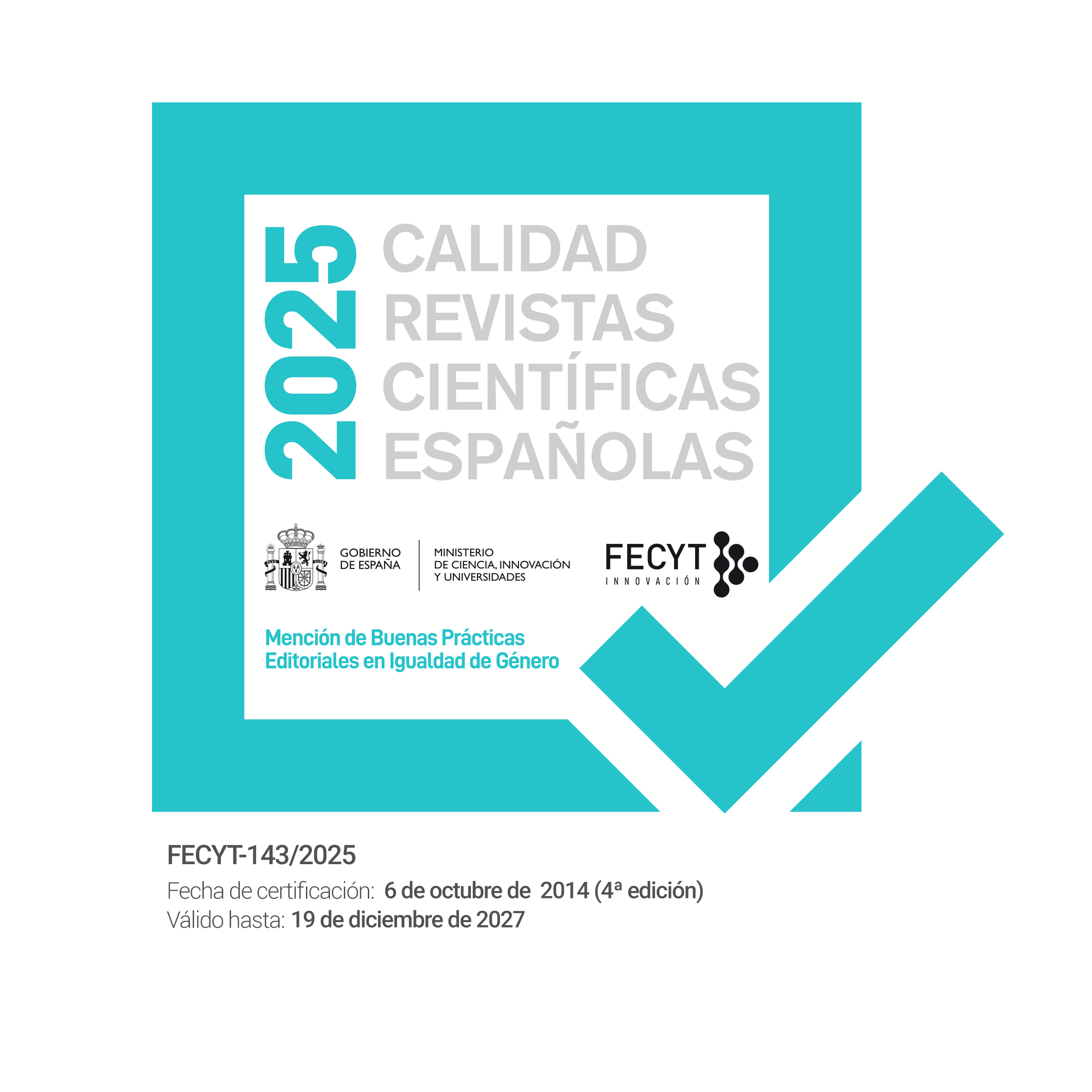PRACTICE OPPORTUNITIES AND PRAGMATIC CHANGE IN A SECOND LANGUAGE CONTEXT: THE CASE OF REQUESTS
Keywords:
pragmatic competence, speech acts, interlanguage pragmaticsAbstract
Abstract
Pragmatic competence is considered to be part of a non-native speakers (NNSs) communicative competence and has been included in the models of communicative ability (Canale and Swain, 1980; Bachman, 1990; CelceMurcia et al., 1995. This paper examines learners’ development of pragmatic competence in a second language context. Fifteen Spanish students who had spent a term at the University of Liverpool as Socrates students and three native English University lecturers participated in the study. A total of 30 sessions (10 upon arrival, 10 mid-study and 10 at the end) were taped and transcribed with the consent of participants. Evidence for the realization of the speech act of requesting is examined within the framework of status congruence (Bardovi-Hartford, 1990), taking into account frequency and form in native and non-native advising sessions. Then, on the basis of the theoretical condition for language learning (Pica, 1994, 1996), we analyze non-native speakers’ change towards native speaker’s ability of requesting. Results of the study show that, although learners moved towards using more requests, they failed to develop the full range of request strategies and appropriate linguistic forms. Results of the study indicate that native speakers' input and learners’ opportunities for output are not enough for pragmatic development, and a focus on form (Doughty and Williams, 1998) regarding appropriate forms of the speech act of requesting is suggested.
Downloads
Downloads
How to Cite
Issue
Section
License
El Grupo de Investigación “La lengua inglesa en el ámbito universitario” HUM-397 conserva los derechos de copyright de los artículos publicados y permite la reutilización de los mismos bajo licencia Creative Commons: Creative Commons Atribución-NoComercial-SinDerivar 4.0 Internacional: se pueden copiar, usar, difundir, transmitir y exponer públicamente los artículos mencionados, siempre que (a) se cite la autoría y la fuente original de su publicación, (b) no se usen para fines comerciales, (c) no se creen obras derivadas mediante su transformación, (d) se mencione la existencia y especificaciones de esta licencia de uso.








